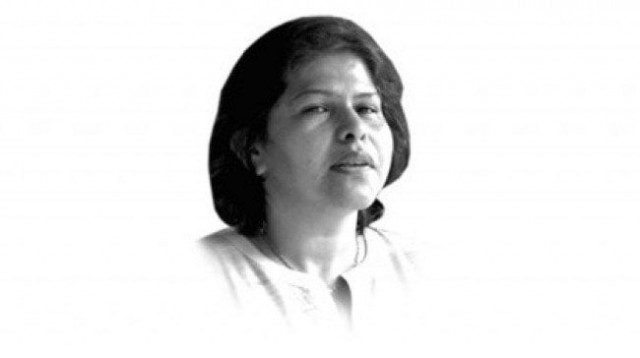What’s in a degree?

The moral of the joke is that one is not sure what else is being hidden. The same applies to the Parliamentarians who had fake degrees. The issue is not that the law demanding them to be graduates to stand for elections was inherently unfair and hence later removed by the court, but that they were caught lying to the people. Since they were caught cheating on one issue, they are not expected to be straight in other matters as well. It’s very rare for a VIP in Pakistan to get nailed. One expects that since their brazen lie became public, they should have the sense and the shame to quit public office.
So, why doesn’t the Punjab provincial assembly and the parliament understand this? Their logic is that honesty is not a perceived, defining variable for their job. They got elected due to their ability to influence the state system to deliver to their cronies, which is their own clientele. One can understand that a lot of people will be upset with the hypersensitivity of the civil society mainly because they were expecting these members, some of whom have resigned, to get them jobs, roads, and other facilities which they can’t get themselves because of a non-responsive bureaucratic system. I remember this conversation with a poor man in my village before the presidential elections. I had asked his opinion about the presidential candidate and the response was that he looked like a swindler, but the man was willing to vote for him (no offense meant to the head of state). Since having singed the NRO, the signal which went around to the public was that the PPP was in favour. Later, Benazir Bhutto’s death turned the tables even further and no one wanted to stem that tide. Certainly not the people, who were then calculating a re-arrangement of local alignments to extract resources from the state through the new political dispensation. Apparently, according to the grapevine the next term might belong to the PML-N.
Those elected are angry and confused because their understanding of the political system is that it is a process which responds to power and in which they have invested resources for the sake of better returns. For decades, the main task of elected representatives is to use their clout to negotiate service delivery to the people which is provided only through a patron. So, there are benefits in aligning with someone irrespective of whether you think that he or she is a thief or not. The state bureaucracy, on the other hand, primarily has vice-regal instinct and is not meant to deliver to the common man. As a former civil servant, I remember having worked with bosses who would keep their main doors shut. The philosophy was that it is not a good idea to allow free access to ordinary people who should approach through the personal assistant.
But this reference is not to suggest that the existing system was correct. It is fair for the judiciary to challenge those who were untruthful to their constituents. After all, vote is about trust invested in an individual. Party leaders might find this extremely distracting in the short term. However, a positive response to the superior court’s decision on this matter can only contribute to the political parties system. The politicians, who have lesser to hide and are relatively above board, could prove stronger in countering what they perceive as the hidden forces conspiring against them.
And it’s not even that the ordinary voter doesn’t care about issues of credibility. Given a choice hardly anyone would go for someone with a taste for raw onions.















COMMENTS
Comments are moderated and generally will be posted if they are on-topic and not abusive.
For more information, please see our Comments FAQ